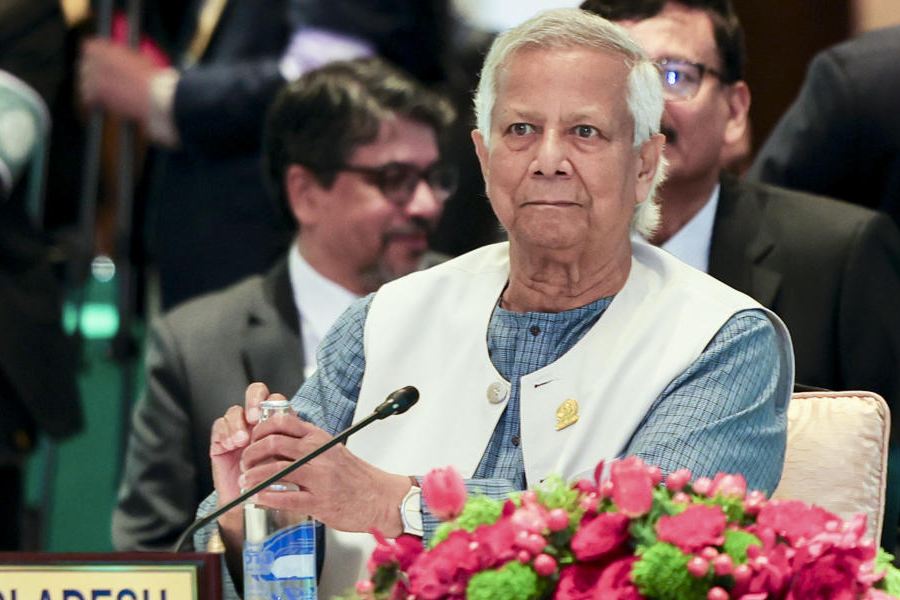 |
| Power up: Mircobiology department of Patna Medical College and Hospital. Telegraph picture |
Patna, Nov. 8: The microbiology department at Patna Medical College and Hospital (PMCH) has started testing cases of measles and rubella virus after a laboratory supported by World Health Organisation (WHO) became functional recently. The facility will also shortly start diagnosing polio cases at the centre itself.
The new facility — the first of its kind in east India, which has been upgraded by the state government in association with WHO — promises to make viral disease tests easier and faster in Bihar and neighbouring states.
Dr Shankar Prakash, the head of the microbiology department, told The Telegraph: “The state government had tied up with WHO for the initiative. The new lab in the state means that we are in a position to test suspected cases of polio, measles and rubella virus here. Until now, the samples were sent to laboratories in Mumbai and Chennai for diagnosis. This will reduce the waiting time for testing and will be immensely beneficial for other states as well.”
He added: “We are providing the infrastructure and manpower, while WHO is supporting us with the technical knowhow and equipment. Some of the equipment has already been installed in the department. These machines are worth Rs 2 crore. More machines will be installed in the department in future.”
Prakash said a team of five members comprising doctors and technicians was sent to laboratories in Mumbai and Chennai for training. “These training sessions were sponsored by WHO and more such sessions would follow in coming months. The diagnoses for these viruses are extremely technical, sophisticated and require great skills,” he added.
While the PMCH laboratory has started diagnosing measles and rubella virus cases, it will take a month before it starts processing samples to detect the polio virus. It would take around six months before the facility starts to diagnose polio virus cases.
“With the kind of equipment available at the department now, we can only conduct primary screening of the viruses in the samples. The final tests require much more advanced and sophisticated machines. WHO has agreed to provide more advanced equipment, but at a later stage,” Prakash said.
According to sources, the need to set up polio-testing laboratories in the state was felt after the dreaded virus reappeared in some parts of the state recently.
“The microbiology department used to collect sewage samples from various parts of the state and send them to laboratories in Mumbai and Chennai. We also collect blood samples from suspected patients and send them across for further diagnosis. Now that we will have the facility here, the diagnosis will be much easier, as we will do the processing part here only,” said another senior official at the health hub.
The plan to develop a full-fledged virology still remains an unfulfilled promise. According to sources in the health department, PMCH was slated to have the first virology laboratory in eastern India at an estimated cost of Rs 3 crore.
The state government approved a plan to upgrade the present microbiology department into a modern testing laboratory around two years ago. The process of expanding infrastructure and bringing in new equipment should have been completed by now. However, the pace of work remains extremely slow and very little has happened on the ground so far.











